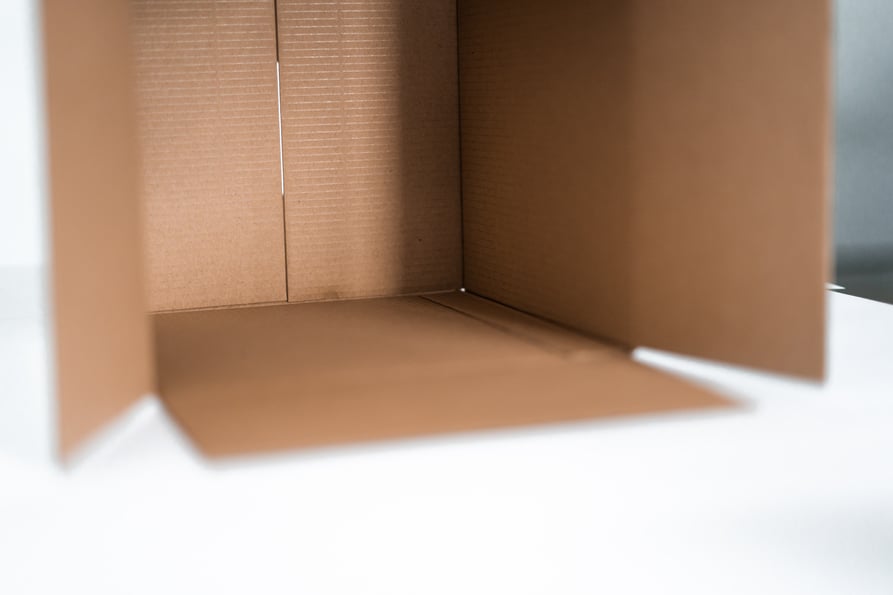
Offering adequate protection for your goods is central to ensuring safe item storage and transport, which, in turn, leads to fewer damages and better service for your customers and partners alike. But now more than ever, businesses are consciously seeking ways to reduce their packaging material use whilst operating in a landscape that demands on-time delivery and flexibility of ordering.
The inevitable consequence of this trade-off between material demands and speed is the quality of the packing, though. In an attempt to maintain an expeditious fulfilment operation, businesses will often select from a small number of carton sizes to complete orders for a range of basket sizes and product dimensions, creating an overreliance on void fill and, ultimately, increasing packaging costs in the long-term.
Aside from the inherent financial implications of wasteful packing processes, the environmental impact of continued oversized packaging use has, too, been placed into focus more recently. In 2020, the US alone saw consignments of corrugated material reach a record 407 billion square feet in volume, representing a 3.5% increase over the previous year (Fibre Box Association [FBA]).
To tackle the ongoing issue of packaging waste and ill-suiting cartons, a number of easy-to-implement solutions are available, including the use of plastic wallets, padded envelopes and book wrap-style mailers--all of which aid in reducing void fill use, cut storage requirements for fulfilment operations and allow for more efficient vehicle loading.
For higher volume applications, automated systems may offer the greatest return on investment, as many systems can accurately measure item height and fold cartons to meet the contours of the product, drastically reducing the overall space requirements of the shipped goods and increasing overall system efficiency.
Better still, consistency in your packing lines also lets you accurately measure your packaging use and reduce avoidable waste, informing your buying and better readying your operation for peak periods.
If you found this article helpful and would like to secure your packaging supply for the next 12 months or optimise your fulfilment operation, you can ask Allpack for a free consultation on 01922 472400 or email sales@allpack.uk.com.